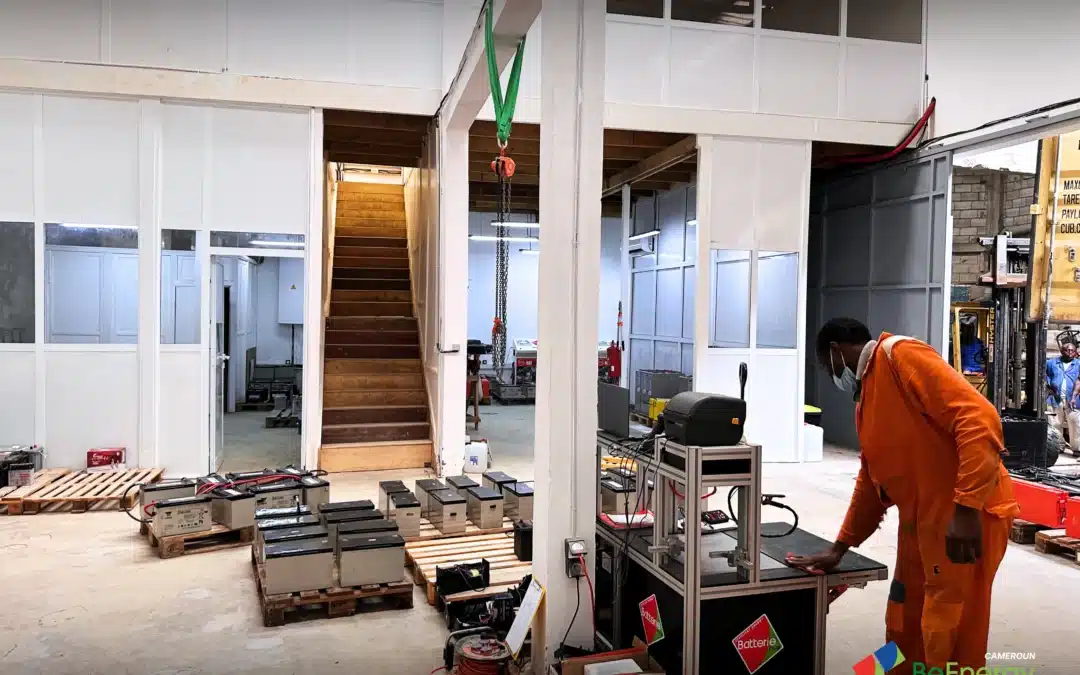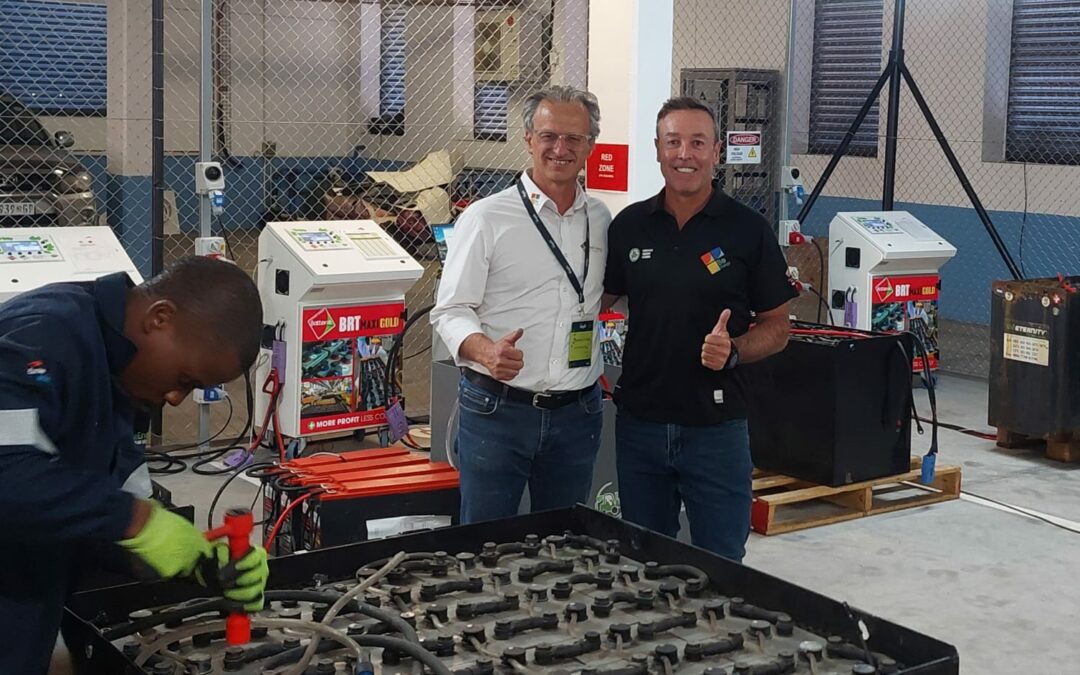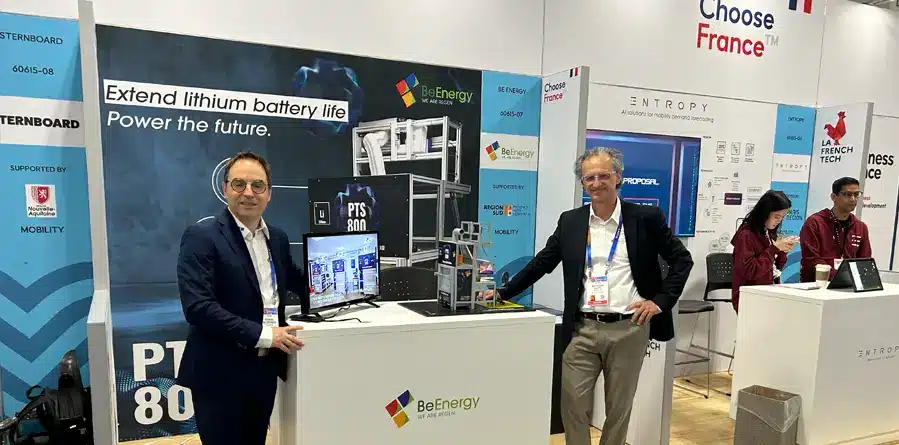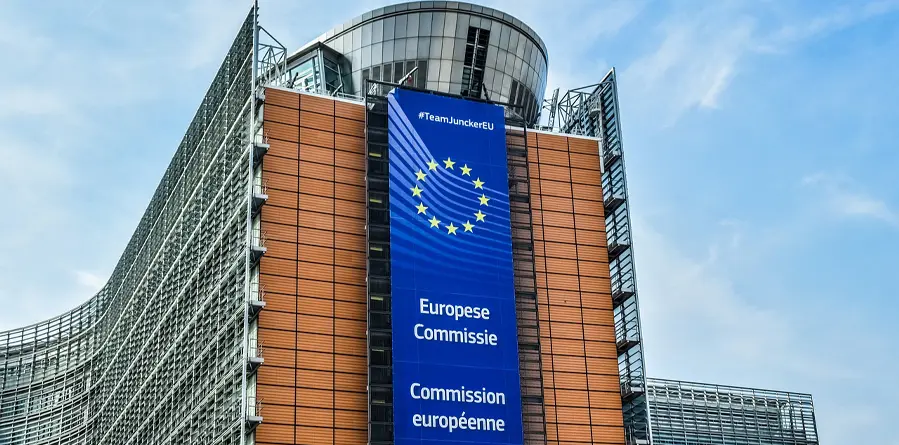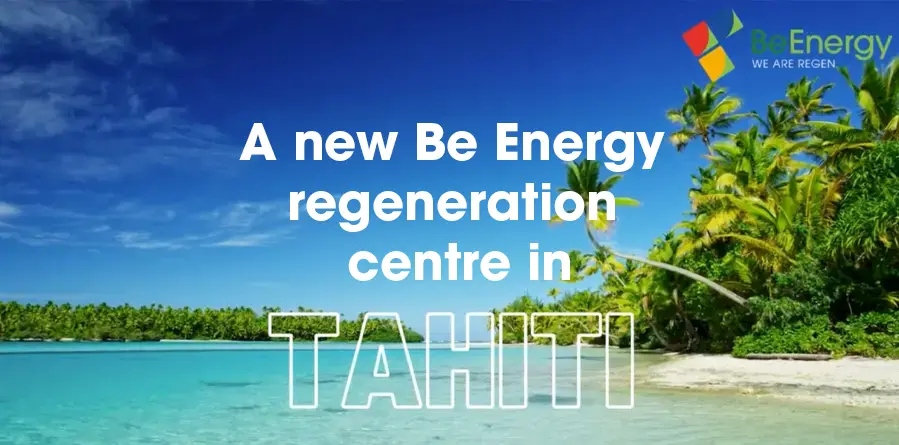The Covid-19 health crisis has forced us to realise that nothing will ever really be the same again! Some analysts are even going so far as to predict that this could be the end of neo-liberal capitalism as we know it, which has shaped the globalised society we have been living in since the 1980s.
The world is waking up to the fact that our systems of unbridled consumption have reached their limits, both socially and environmentally. Globalisation will have to find a new balance that is more carbon-neutral and less voracious in terms of transport and raw materials.
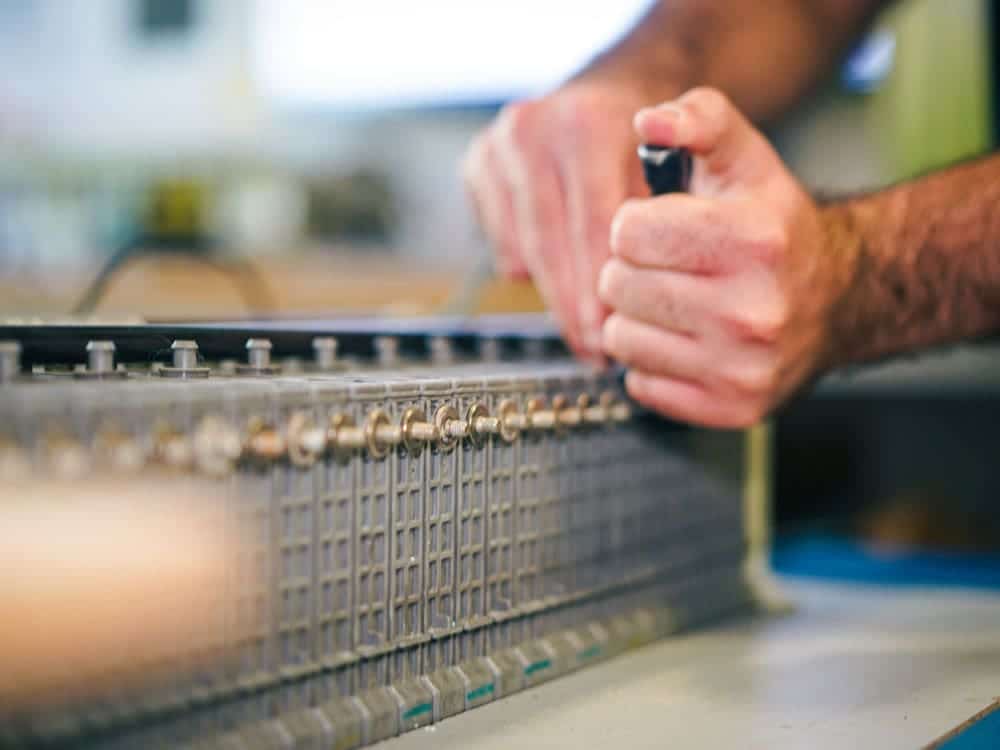
Regeneration will play its part in building the world of tomorrow, and will be essential in favour of a more virtuous, more resilient model.
Observation: the effectiveness of waste recycling solutions is modest
In today’s world, the life of a product is divided into three phases: production and distribution, use and, at best, recycling (although, according to a World Bank report, only 33% of waste is properly treated).
On the one hand, industrial logic is pushing forprogrammed obsolescence to feed the globalised consumerist model; at the other end of the chain, this same industrial logic is promoting waste recycling through heavy, highly capital-intensive structures that reassure elected representatives, but whose actual effectiveness remains very modest! You only have to count the plastic bottles on the beaches to see that it doesn’t work! Industrial producers must no longer look to their recycling cousins as a safe-conduct or visa to infinite growth, which is impossible in any case.
Regeneration in the service of the environment, employment and reuse
The great omissions from this organisation are reuse and re-use!
The common sense of grandmothers to make goods last as long as possible.
The best waste is the waste we don’t produce! With this in mind, regeneration allows us to postpone the “waste stage”».
Regenerating a battery or oil means doubling or tripling its lifespan and massively avoiding the production of industrial waste.
The carbon footprint of battery regeneration is currently being studied by a specialist French consultancy specially commissioned by Be Energy. Although the results are not yet available, it is easy to see that regenerating your battery is 100 times (1000 times?) less environmentally damaging than replacing it with a new one that has already travelled thousands of kilometres, and having the old one recycled at a pyrometallurgical site that is also thousands of kilometres away…
Be Energy has adopted a new signature and a new logo:
Be Energy – REGEN SYSTEM.
To innovate, develop and deploy regeneration systems that will provide :
- A cost-effective alternative solution that is 50 to 60% cheaper than new build
- Massively reduce the production of hazardous industrial waste, often in areas where there are no suitable structures in place
- Create new jobs through local activity as part of a more virtuous circular economy that respects the environment.
- Reduce local carbon footprints and greenhouse gas emissions.
Be Energy is also revisiting the famous 3Rs strategy first put forward on 22 April 1970 – the anniversary of which is celebrated every year on 22 April by World Earth Day – a strategy that can be summed up as Reduce / Reuse / Recycle.
The 3Rs theory – version 2.0 of Be Energy – becomes: Reduce / Reuse / Regenerate! !
We hope that this will inspire many project leaders to promote regeneration in tomorrow’s new world!

